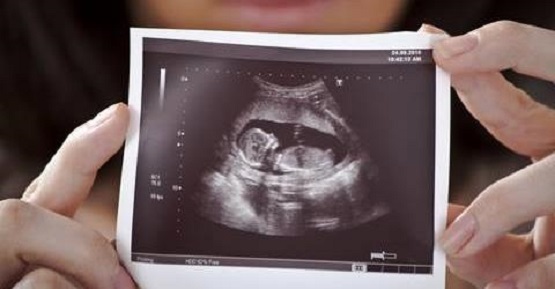An India Supreme Court decision this week expanded abortion to the point of viability for at least one unborn baby.
On Monday, the Asian nation’s high court granted a rape survivor’s request to have an abortion after 20 weeks of pregnancy, the current legal limit in India, according to India Today.
The 26-year-old woman who requested the abortion allegedly was raped by her ex-fiance who later refused to marry her, the news outlet Tehelka reports. When she was more than 20 weeks into the pregnancy, the woman said doctors detected abnormalities in her unborn child. Reports indicate that her unborn baby has anencephaly, an often fatal disorder where the baby’s brain and skull do not form properly. The woman said her physical and mental health also were at risk if she did not have the abortion.
The Tribune India reports more:
A bench comprising Justice JS Khehar and Justice Arun Mishra said the 26-year-old woman, identified only as “Ms X,” was at liberty to go for medical termination of pregnancy (MTP) as the MTP Act 1971 had a provision for abortion even after 20 weeks if the would-be mother’s life was in danger.
On July 22, the bench had asked a team of doctors at Mumbai’s KEM hospital to have the victim examined and submit a report. After perusing the report by seven doctors, the bench sought the views of Attorney General Mukul Rohatgi. The AG said the medical report showed she was entitled to make use of the exception clause in the MTP Act.
The victim had also challenged the validity of the MTP Act under which MTP was illegal after 20 weeks, except under a few circumstances. The woman said her boyfriend raped her on the promise of marriage, but subsequently married someone else.
Follow LifeNews.com on Instagram for pro-life pictures and the latest pro-life news.
The bench said it was not going to the validity of the MTP Act as the government had already prepared a Bill to amend it. Also, the Act was under scrutiny in another case.
As a result, the implications of the court’s decision on future cases is uncertain.
Unborn babies generally are considered viable outside the womb at 24 weeks of pregnancy, though new research indicates that babies are surviving even earlier. Most countries prohibit abortions after the first trimester or, as is the case in India, during the mid-second trimester. The U.S. is one of only a handful of countries that allows elective abortions for basically any reason after 20 weeks. Others include China, North Korea and Vietnam.
In India, cultural perceptions about the disabled and females make them frequent targets for abortion. Sex-selection abortions, though illegal, are a major problem in India and other Asian countries. Because of the cultural preference for boys, the ratio of men to women in India and other Asian nations is disproportionately high.
India’s prime minister and other leaders have launched specific campaigns to help end these discriminatory abortions.








